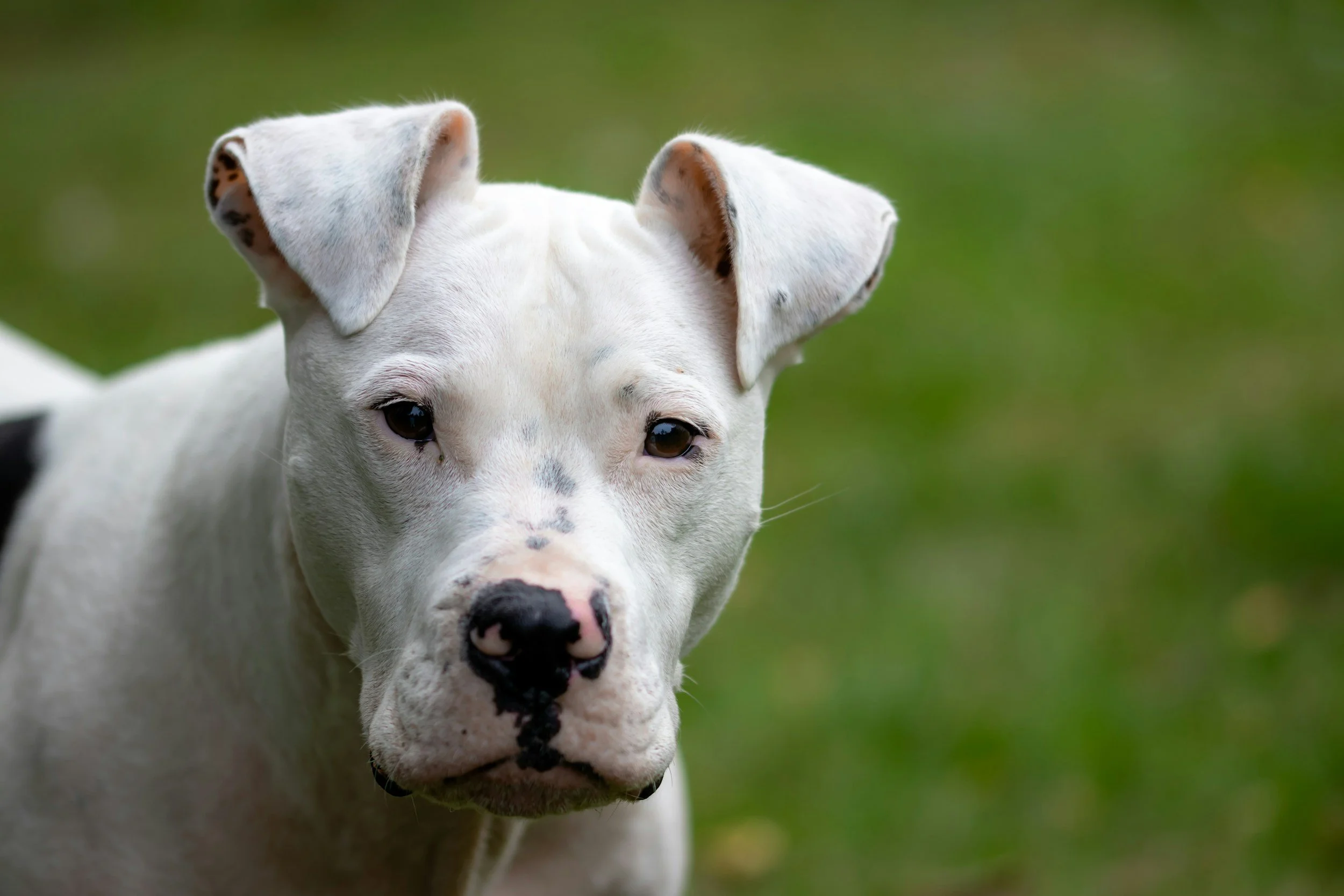Can A Landlord Deny A Reasonable Accommodation Request For A Pit Bull Companion Animal?
As I mentioned in a prior blog post, I have seen a significant increase in tenant requests for reasonable accommodation under a landlord's "no pet" policy to keep a comfort/companion animal. As a result of this increase, I am also seeing an increase in reasonable accommodation requests to keep what are often referred to as "dangerous breeds" of dogs -- such as Pit Bill Terriers, American Staffordshire Terriers, German Shepherds, Doberman Pinschers, Rottweilers, etc. — as companion/comfort animals.
If you have not already read my prior post on comfort animals and reasonable accommodation requests, generally, you should do so now, as this post will assume that you already have a basic knowledge of those issues.
Generally speaking, it is a violation of federal and state fair housing laws to deny a request for a dangerous breed companion animal unless a landlord can prove that the specific animal will cause a direct threat. Conversely, a landlord cannot deny a reasonable accommodation request for a "dangerous breed" dog just because the landlord believes that all dogs of that breed are inherently dangerous. Fair housing law prohibits a landlord from engaging in stereotyping of dog breeds. Just because a landlord has had a prior bad experience with a Pit Bull or Rottweiler does not mean they can ban all Pit Bulls or Rottweilers from being used as companion/comfort animals by their tenants. I recently read an online article about a landlord who is being sued by the government for Fair Housing violations due to the landlord's stereotyping of all Pit Bulls as dangerous.
However, if the landlord can show that the specific Pit Bull poses a direct threat to others’ safety, the tenant's accommodation request may be legally denied. Such a direct threat could be demonstrated if the specific Pit Bull had previously attacked a person or another animal. But it is important to remember that there must be a direct threat, not just a speculative risk. So even if the specific Pit Bull at issue was once dangerous, if the tenant takes the animal to obedience training, administers medication, and/or purchases equipment (such as a muzzle) that causes the animal to no longer be a direct threat, then it may no longer be reasonable to exclude the animal and deny the tenant's accommodation request.
Additionally, if the landlord can show that the specific Pit Bull would cause substantial physical damage to the property of others (and that probability cannot be reduced by another accommodation), the tenant's accommodation request may be legally denied. But again, there must be a direct threat of the Pit Bull causing substantial physical damage. A speculative risk or belief that all Pit Bulls cause substantial damage to property is not sufficient.
The long and short of it is that the analysis that must be conducted to determine if a disabled individual's Pit Bull poses a direct threat to safety or will cause substantial damage to the property of others is very fact-intensive and must be done with great care.
There is one more basis for denying a tenant's companion Pit Bull. And that is, if a landlord's insurance carrier would cancel the landlord's insurance policy, substantially increase the costs of the insurance policy, or adversely change the policy terms because of the presence of a certain breed of dog or a certain animal, HUD will find that this imposes an undue financial and administrative burden on the landlord. As such, the landlord may deny the tenant's accommodation request as unreasonable. HUD has even issued a memo (back in June of 2006) stating this, but also advises their investigators that they must verify such a claim with the insurance carrier directly, and also consider whether there is comparable insurance available in the marketplace, without the restriction, for the landlord to purchase.

